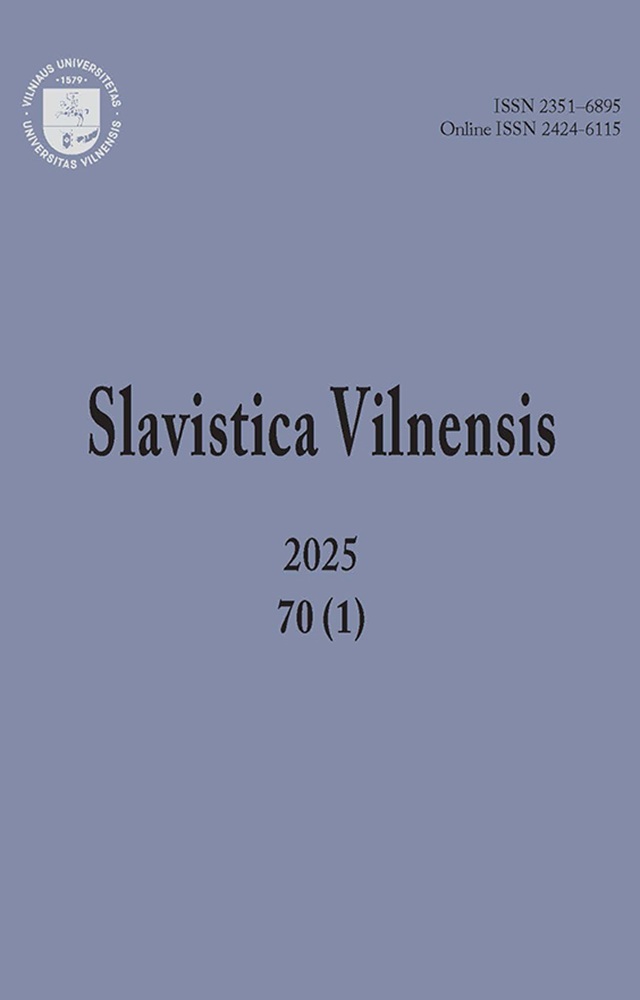Abstract
There is no consensus among scholars as to the origin of the word ‘Lithuania’. This field of research, which has a long history, is actively developing today. Modern versions of etymology can be classified as follows, depending on their basis: 1) hypotheses related to the name of a group of people: militaristic, ethno-social, and ethno-toponymic (West Slavic and Finno-Ugric); 2) hypotheses related to geographical realities: hydronymic, thalassic, and climatic; 3) eponymic hypotheses: mythological (Baltic and Finno-Ugric), and legendary-historical. With all the variety and varying degrees of scientific reliability, all concepts can be divided into two groups. The first group interprets the word ‘Lithuania’ as a Baltic word and connects its origin with the geographical and historical realities of the Lithuanian language; the second group proves the opposite, and interprets the word as neither Lithuanian nor Baltic. The theories of the second type do not dominate in the Belarusian cultural space, but they are known in it relatively widely. In general, among Belarusian researchers, those who tend to consider the Grand Duchy of Lithuania in the paradigm of proto-Belarusian / early Belarusian realities often show an increased interest in the origin of the word ‘Lithuania’. Some theories of Lithuanian scholars are almost unknown in Belarus. All this generates certain differences both in the field of the generally accepted stereotypes and between the traditions in which Lithuanian and Belarusian researchers are predominantly working.

